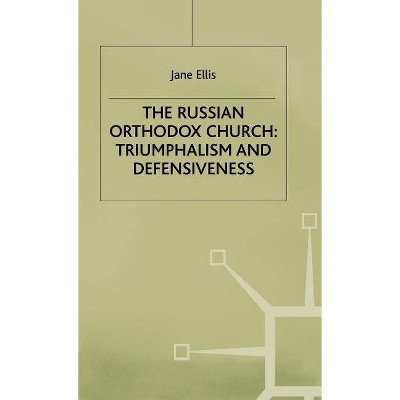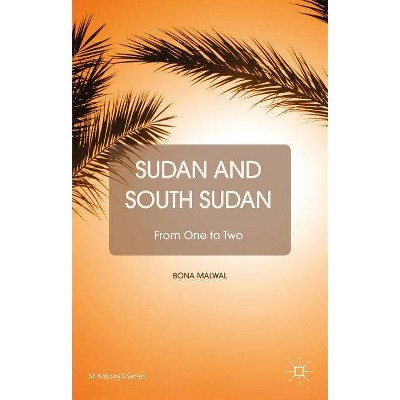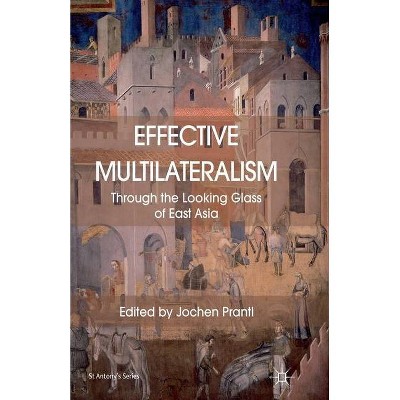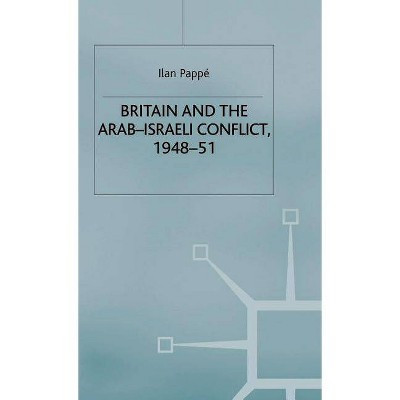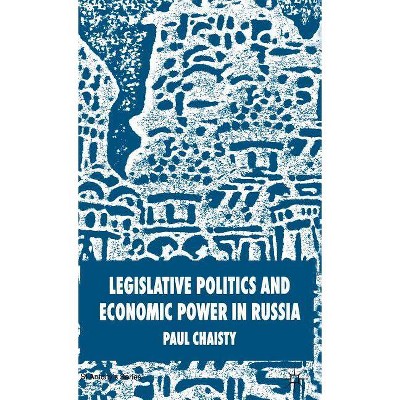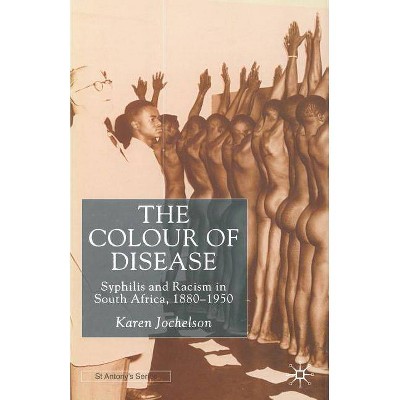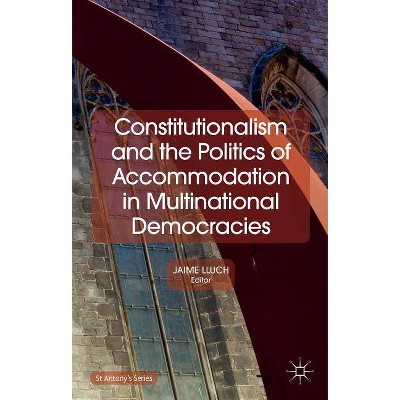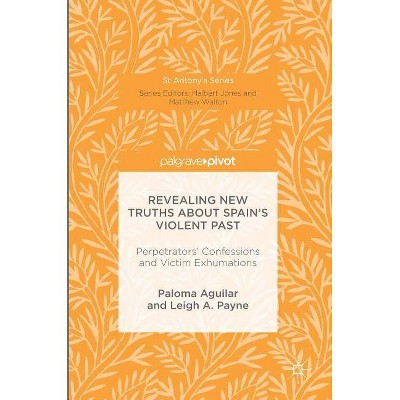France's Modernising Mission - (St Antony's) by Ed Naylor (Hardcover)
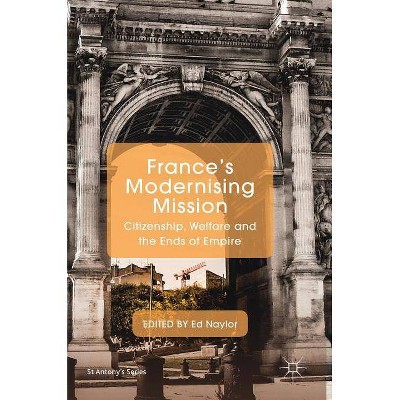
Similar Products
Products of same category from the store
AllProduct info
<p/><br></br><p><b> About the Book </b></p></br></br>This volume explores how France' 'modernising mission' unfolded during the post-war period and its reverberations in the decades after empire. In the aftermath of the Second World War, France sought to reinvent its empire by transforming the traditional 'civilising mission' into a 'modernising mission'. Henceforth, French claims to rule would be based on extending citizenship rights and the promise of economic development and welfare within a 'Greater France'. In the face of rising anti-colonial mobilization and a new international order, redefining the terms that bound colonised peoples and territories to the metropole was a strategic necessity but also a dynamic which Paris struggled to control. The language of reform and equality was seized upon locally to make claims on metropolitan resources and wrest away the political initiative. Intertwined with coercion and violence, the struggle to define what 'modernisation' would mean for colonised societies was a key factor in the wider process of decolonisation.<p/><br></br><p><b> From the Back Cover </b></p></br></br>This volume explores how France's 'modernising mission' unfolded during the post-war period and its reverberations in the decades after empire. In the aftermath of the Second World War, France sought to reinvent its empire by transforming the traditional 'civilising mission' into a 'modernising mission'. Henceforth, French claims to rule would be based on extending citizenship rights and the promise of economic development and welfare within a 'Greater France'. In the face of rising anti-colonial mobilization and a new international order, redefining the terms that bound colonised peoples and territories to the metropole was a strategic necessity but also a dynamic which Paris struggled to control. The language of reform and equality was seized upon locally to make claims on metropolitan resources and wrest away the political initiative. Intertwined with coercion and violence, the struggle to define what 'modernisation' would mean for colonised societies was a key factor in the wider process of decolonisation. Contributions by leading specialists extend geographically from Africa to the Pacific and to metropolitan France itself, examining a range of topics including education policy, colonial knowledge production, rural development and slum clearance. <p><b><i></i></b></p><p/><br></br><p><b> Review Quotes </b></p></br></br><br>"This rich collection builds on fruitful conversations in the study of the French empire, presents innovative conceptual tools, and points out promising new terrain to mine. ... With its multidisciplinary perspectives, archival rigor, and the conceptual innovation of the essays, this book will be valuable to scholars in fields as diverse as French colonial and postcolonial history, the European welfare state, mass social movements, and housing and education policy." (Anndal Narayanan, H-France Review, Vol. 18 (197), 2018)<br><p/><br></br><p><b> About the Author </b></p></br></br>Ed Naylor is a Leverhulme Early Career Fellow in the School of Languages and Area Studies at the University of Portsmouth, UK. He completed his PhD in History at Queen Mary, University of London and held the Deakin fellowship at St Antony's College, Oxford, before joining the University of Portsmouth in 2014. <br>Contributors: Tony Chafer, Françoise de Barros, Liz Fink, Abdellali Hajjat, Jim House, Neil MacMaster, James McDougall, and Benoît Trépied.
Price History
Price Archive shows prices from various stores, lets you see history and find the cheapest. There is no actual sale on the website. For all support, inquiry and suggestion messages communication@pricearchive.us
